NIH-funded clinical trial links frequent anger to increased risk of heart disease
Findings demonstrate impairment of blood vessel function; may lead to heart attack, stroke.
Recurring feelings of anger may increase a person’s risk of developing heart disease by limiting the blood vessels’ ability to open, according to a new study supported by the National Institutes of Health. The study, published in the Journal of the American Heart Association (JAHA), shows for the first time that anger is linked to this vascular impairment — a precursor to the kind of long-term damage that can lead to heart attack and stroke.
“We’ve long suspected, based on observational studies, that anger can negatively affect the heart. This study in healthy adults helps fill a real knowledge gap and shows how this might occur,” said Laurie Friedman Donze, Ph.D., a psychologist and program officer in the Clinical Applications and Prevention Branch of the National Heart, Lung, and Blood Institute (NHLBI), which funded the study. “It also opens the door to promoting anger management interventions as a way to potentially help stave off heart disease, the leading cause of death in this country.”
While a brief spurt of occasional anger is normal and generally has a benign impact on the heart, it is recurring or frequent anger the researchers said raises concern. “If you’re a person who gets angry all the time, you’re having chronic injuries to your blood vessels,” said study leader Daichi Shimbo, M.D., a cardiologist at Columbia University Irving Medical Center in New York City. “It’s these chronic injuries over time that may eventually cause irreversible effects on vascular health and eventually increase your heart disease risk.”
For the randomized, controlled study, researchers recruited 280 healthy adults aged 18 to 73 years within the New York City area. The participants were free of cardiovascular disease and without risk factors such as history of hypertension, diabetes, and lipid imbalances, according to self-reported survey data. All participants were non-smokers, medication-free, and without a history of diagnosed mood disorders.
The researchers measured blood flow changes in the blood vessels of each participant’s dominant arm. They then randomly assigned each to a task to elicit either anger, anxiety, sadness, or a neutral emotional state.
Using standard methods for laboratory experiments like these, the researchers asked the participants in the anger and anxiety groups to talk for 8 minutes about personal experiences that had evoked those emotions. Those in the sadness group read aloud for 8 minutes a series of brief statements designed to elicit sadness. The control group counted numbers out loud for 8 minutes to induce an emotionally neutral state. When each group was done, researchers measured blood vessel changes again — immediately at the end of the task, and after 3, 40, 70, and 100 minutes.
The researchers found that the ability of the blood vessels to dilate was significantly reduced among participants in the anger group compared to those in the control group. This vessel impairment was sustained up to 40 minutes after the initial recall event that triggered the anger and decreased afterward. In contrast, the blood vessels of those in the anxiety and sadness groups were not affected.
Prior studies have shown that impaired blood vessel dilation is a precursor to the development of atherosclerosis — the buildup of fatty deposits inside the vessel walls — which in turn can lead to heart disease, including heart attack and stroke.
The reasons anger negatively affected blood vessel function are unclear, and the study was not designed to evaluate those mechanisms. However, Shimbo said several factors could be at play, including activation of the autonomic nervous system, changes caused by stress hormones, and increased arterial inflammation. Shimbo said the endothelium — the inner lining of the blood vessels, which is known to control dilation of the blood vessels themselves — is likely involved in some way, too. The researchers plan to explore these possible mechanisms in future studies.
Because participants were generally young and healthy — with an average age of 26 — other studies will also need to explore whether the findings are generalizable to older adults with health problems who are likely taking medications. Future studies may explore, as well, whether positive emotions, such as joy or laughter, could blunt the adverse effects of anger on the heart.
Managing anger for people who are frequently angry is important, NHLBI’s Donze said. Among the approaches that can help are exercise, yoga, deep breathing, and cognitive behavioral therapy (CBT). Effective CBT strategies for anger management can also be learned through self-help books.
The study was funded largely by the NHLBI under grants R01 HL116470 and K24 HL125704. Clinicaltrials.gov registration number: NCT01909895.
About the National Heart, Lung, and Blood Institute (NHLBI): NHLBI is the global leader in conducting and supporting research in heart, lung, and blood diseases and sleep disorders that advances scientific knowledge, improves public health, and saves lives. For more information, visit www.nhlbi.nih.gov.
About the National Institutes of Health (NIH):
NIH, the nation’s medical research agency, includes 27 Institutes and Centers and is a component of the U.S. Department of Health and Human Services. NIH is the primary federal agency conducting and supporting basic, clinical, and translational medical research, and is investigating the causes, treatments, and cures for both common and rare diseases. For more information about NIH and its programs, visit www.nih.gov.
NIH…Turning Discovery Into Health®
Study
Shimbo D, Cohen M, McGoldrick M, et al. Translational research of the acute effects of negative emotions on vascular endothelial health: Findings from a randomized controlled study. [2024] JAHA. DOI: 10.1161/JAHA.123.03269
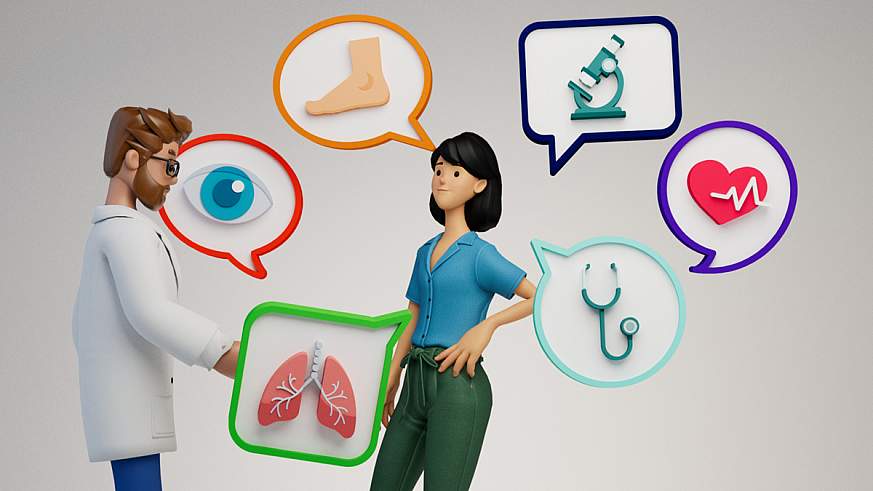

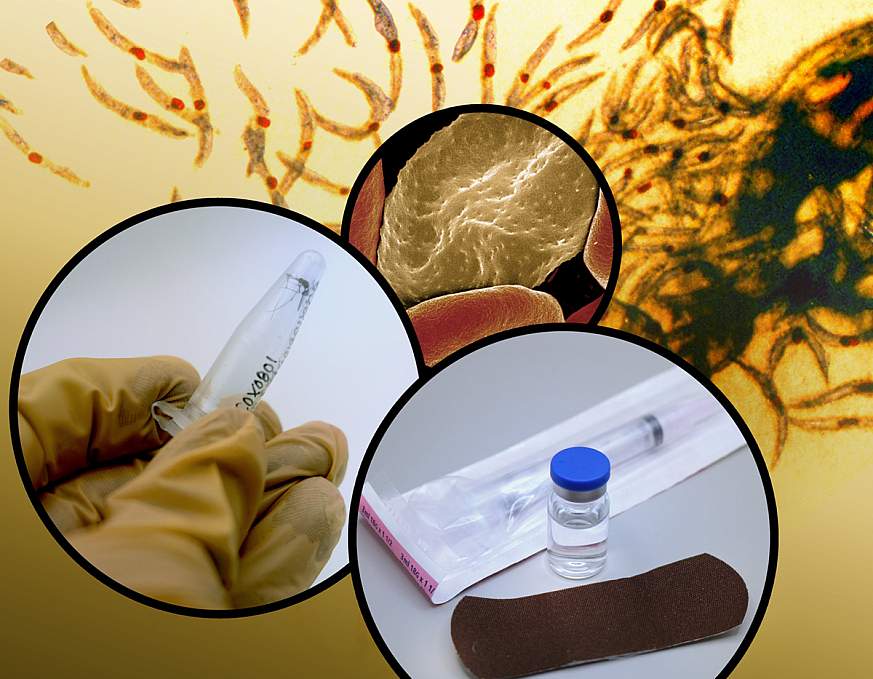



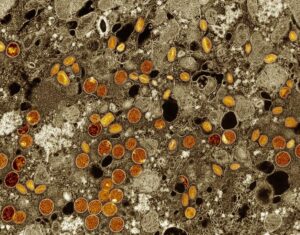




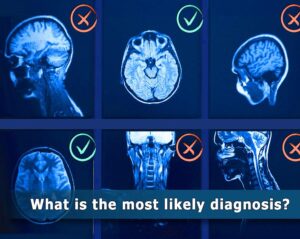
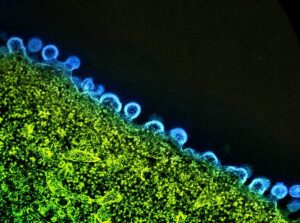
Post Comment